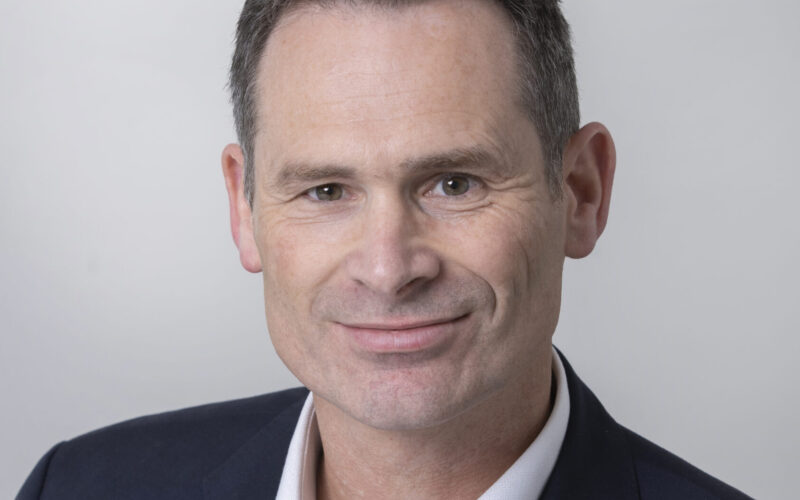Room needs to be made for the voices of young rural leaders to be heard in the debate over current challenges facing the farming sector.
New Zealand Rural Leaders chief executive Chris Parsons says those young leaders come from a different generation and are highly motivated, purpose driven and educated in a different way to current leaders.
“We absolutely have good leaders but we need more and a pipeline of them coming through,” Parson says.
For the past 30 years or so, the sector has had relatively few challenges compared to what is faced today, he says. Current challenges require a new skill set of leaders.
Given the speed and breadth of change occurring in the rural sector, leaders are needed that can identify and articulate what he calls “a new status quo.”
The game is changing and Parsons says leaders cannot ignore change and still expect to be successful.
There are two responses that can be made to change: an anger-driven reaction or re-imagining a new system. Parsons says a new generation of leaders will have a role in that transition.
“I genuinely have a high confidence in the young people coming through and their ability to step up.”
They do need some coaching, but also an invitation to lead.
“Young leaders need to step up into the breach, but there needs to be a bit of space created to give them confidence and to let their voices be heard.”
Parsons says research and studies completed by Kellogg and Nuffield scholars have helped inform the current debate, but he says leadership is one of the most studied but least understood topics.
The role comes with scars and stress, which Parsons says feeds into NZ’s biggest industry: chopping down those who poke their heads above the parapet.
“Leadership is a lonely place, which is why some people do not step into it.”
He urged people to respect and support leaders who are trying to find solutions to challenges.
Leadership also requires a healthy conversation or debate by the wider sector to discover the best ideas.
Parsons says success will come from the sector working collaboratively as a team instead of as individuals.
“It’s not the best brain that will go on and win, but the most brains working together.”
That requires leadership to organise groups, identify and use the different skills and styles needed, which differs from how leaders have operated in the past.
“Leadership is not about egos, pride, coercion or manipulation; it’s about connecting people to purpose, championing a cause, coaching and vision, and seeing the possibilities over the horizon.”






